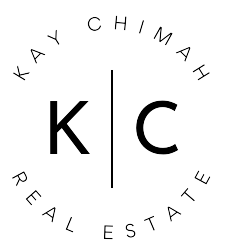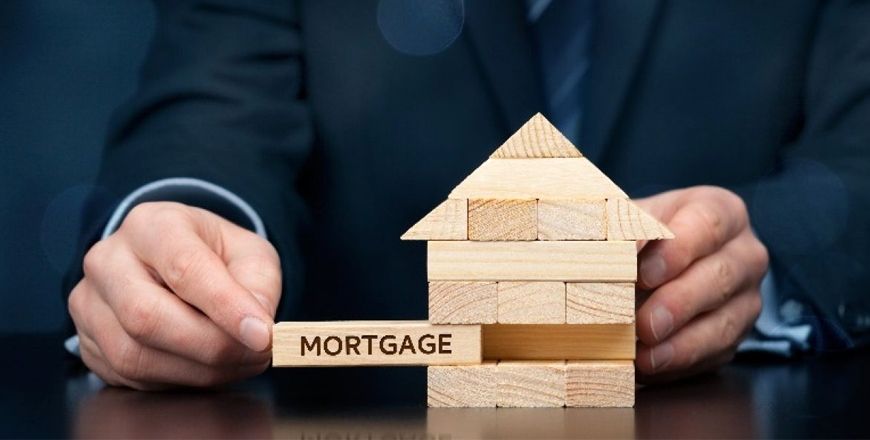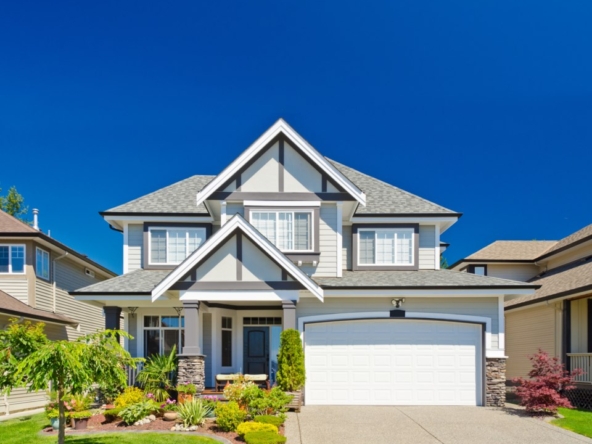Mortgages are an essential part of buying a home for many people, but understanding how they work can feel overwhelming. This guide will break down the basics of mortgages, explore the different types available, and help you determine which one might be right for you.
What is a Mortgage?
When purchasing a home, you may not be able to cover the entire purchase price upfront. The amount you pay upfront is known as the down payment, and the loan you secure to cover the remaining cost is the mortgage. In essence, a mortgage is a legal agreement between you and a lender, typically secured by the property being purchased (such as a house or condo). If you fail to meet the terms of your mortgage, such as paying on time, the lender has the right to seize the property.
Here are some unique aspects of mortgages:
- The loan is secured by the property.
- You may need to renew the contract multiple times before fully paying it off.
- You will usually require a down payment and may have to pass a qualification stress test.
Key Components of a Mortgage
1. Mortgage Principal
The principal is the original loan amount borrowed from the lender to purchase the property. This amount is calculated by subtracting the down payment from the home’s purchase price and may include mortgage loan insurance if the down payment is less than 20%.
2. Mortgage Payments
Your mortgage payment goes towards the principal, interest, and possibly other charges such as optional mortgage insurance or property taxes if they are included. The frequency and amount of these payments will depend on the specific terms set by your lender.
Types of Mortgages
When considering a mortgage, it’s essential to understand the different types available, each with its advantages and considerations. The primary types include fixed-rate, variable-rate, hybrid, open, and closed mortgages.
1. Fixed-Rate Mortgages
A fixed-rate mortgage has an interest rate that remains unchanged throughout the term. This type offers predictable payments and stability, making it easier to budget for. However, fixed rates are usually higher than variable rates, especially over shorter terms.
2. Variable-Rate Mortgages
Variable-rate mortgages have interest rates that fluctuate based on market conditions. While these can offer lower initial rates, they carry the risk of increased payments if rates rise. There are two options for variable-rate mortgages:
- Fixed Payments: Even if interest rates change, the payment amount stays the same. If rates rise, more of your payment will go toward interest, potentially causing the principal to decrease slower.
- Adjustable Payments: The payment amount changes with interest rate fluctuations, ensuring that a portion continues to go toward the principal.
3. Hybrid or Combination Mortgages
A hybrid mortgage combines fixed and variable rates. Part of the mortgage has a fixed interest rate, while the other part has a variable rate. This can offer a balance between stability and potential cost savings, but transferring the mortgage to another lender may be more complex.
4. Open vs. Closed Mortgages
- Open Mortgages: Allow you to make additional payments or pay off the mortgage without penalties, but usually come with higher interest rates.
- Closed Mortgages: Offer lower interest rates but limit how much extra you can pay each year. If you need more flexibility, you may want to consider a mortgage with prepayment privileges.
Mortgage Terms and Amortization
1. Mortgage Term
The mortgage term is the length of time your current mortgage agreement lasts, typically ranging from a few months to five years or more. At the end of each term, you’ll need to renew your mortgage unless the balance is paid off.
2. Amortization Period
This is the total length of time it will take to pay off your mortgage in full. The longer the amortization period, the lower your monthly payments, but the more interest you’ll pay over time. Most first-time homebuyers with less than 20% down payment can have a maximum amortization period of 25 years.
Additional Mortgage Features
1. Payment Frequency
You can choose how often you make your mortgage payments:
- Monthly, Semi-Monthly, Biweekly, or Weekly: Standard schedules.
- Accelerated Biweekly or Weekly Payments: These options allow you to make extra payments each year, potentially saving thousands of dollars in interest over time.
2. Portable and Assumable Mortgages
- Portable Mortgages: Let you transfer your existing mortgage to a new property if you decide to move.
- Assumable Mortgages: Allow someone else to take over your mortgage. This could be beneficial if interest rates have risen since you secured your original mortgage.
How to Choose the Right Mortgage
When choosing a mortgage, consider the following factors to find the best fit for your situation:
- Evaluate Your Financial Situation: Determine your budget, savings for a down payment, and comfort level with potential rate fluctuations.
- Consider Your Future Plans: If you plan to move or make extra payments, an open or portable mortgage may be a better option. If you intend to stay long-term, a closed mortgage with a lower rate could be more suitable.
- Shop Around for the Best Rate: Lenders offer different rates based on factors like your credit history, employment, and even the type of property. It pays to compare options from banks, credit unions, and mortgage brokers.
- Understand Potential Penalties and Fees: Be aware of any fees for breaking a mortgage contract, refinancing, or making prepayments.
Additional Costs and Considerations
1. Mortgage Insurance
If your down payment is less than 20%, mortgage loan insurance will be required. Optional insurance like life, illness, or disability coverage can also help protect your mortgage.
2. Title Insurance
Title insurance protects against losses from title-related issues such as ownership disputes or title fraud.
3. Property Taxes
Your lender may include property taxes as part of your mortgage payment. If not, you’ll need to ensure these taxes are paid separately.
Final Thoughts
Choosing the right mortgage involves understanding the types available and considering your financial circumstances. By being informed about the terms, amortization, interest rates, and additional features, you can make a choice that supports your homeownership goals while safeguarding your financial future. Don’t hesitate to ask questions and seek advice from a mortgage professional to make the best decision for you – Our team consist of knowledgeable mortgage experts that are available to assist you.
Mortgages can be complex, but with the right knowledge and guidance, you’ll be well on your way to finding the perfect solution to support your homeownership journey.







